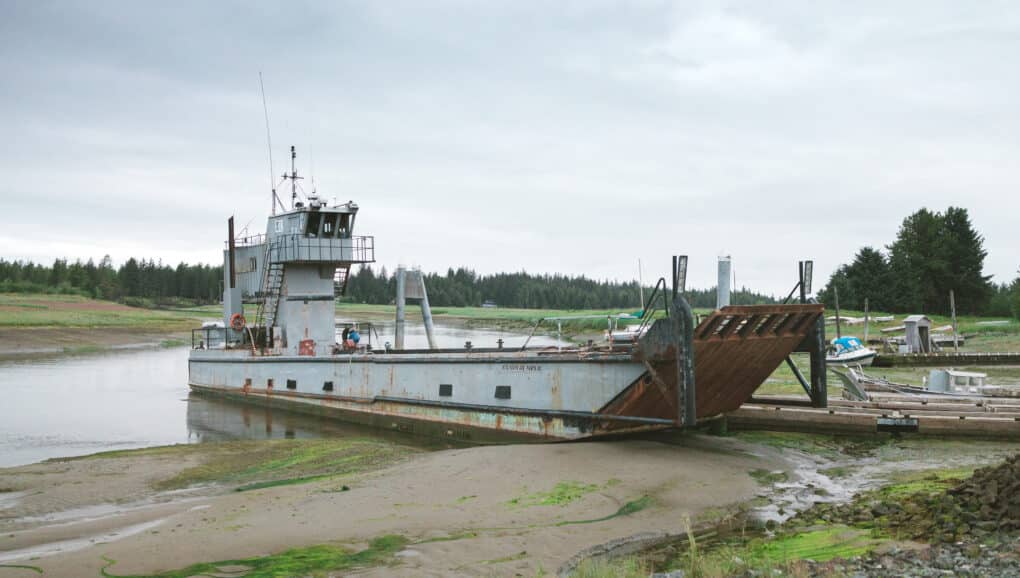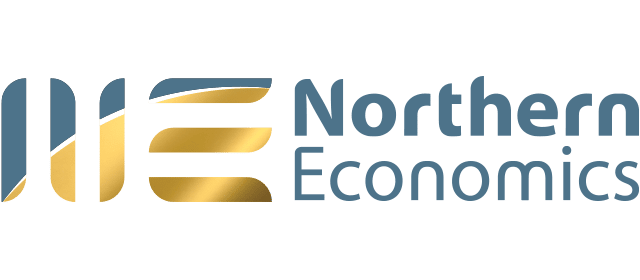
Overview
Benefit-Cost Analysis of the Kwethluk Sub-Regional Port Project
Project Lead: Leah Cuyno, Marcus Hartley
This study, conducted for Michael L Foster and Associates and the City of Kwethluk, was part of the Kwethluk Sub-Regional Port Project, which sought to outline alternatives, options, phases, costs, and benefits of improving the marine transportation infrastructure in Kwethluk to meet the current and future needs of the community.
Kwethluk does not have a dock or a designated area for barge deliveries, and the shoreside receiving areas along the Kwethluk River are under threat of increasing erosion. Erosion is a serious problem and an ongoing concern for the City of Kwethluk, caused by several factors: waves generated by storms, melting permafrost that creates saturated soil that slumps, ice gouging during break-up, and boat traffic and barge deliveries. The proposed project is intended to improve barge operations, improve fuel and freight delivery, and mitigate the threat of erosion that is being exacerbated by the current system of barge deliveries.
The BCA evaluated two options:
- The Barge Landing Ramp option, which does not include expanded dock facilities. This plan addresses the more immediate need for a barge landing ramp that can be constructed at a lower cost and alleviate the City’s more pressing concern regarding erosion along the Kwethluk River.
- The Full Port Facilities option, which considers a multi-use port facility (bulkhead facilities) that meets the community’s projected long-term needs including shipments of all types of goods and materials.
Two primary categories of benefits were quantified in the analysis: 1) benefits that are expected to accrue to the users of the transportation system, primarily the barge operators and small vessel owners (presented as cost savings); and 2) benefits to the community from the reduction in the damages to the riverbank caused by the barge deliveries (presented as avoided cost of damages caused by erosion due to existing conditions).
The study compared project cost estimates (provided by the prime contractor) and estimates of cost savings, which were based on information collected through telephone conversations and emails with barge operators that make landings and offload at Kwethluk. Previous studies and publicly available information were used to determine the damages to riverbank and avoided costs of erosion.
